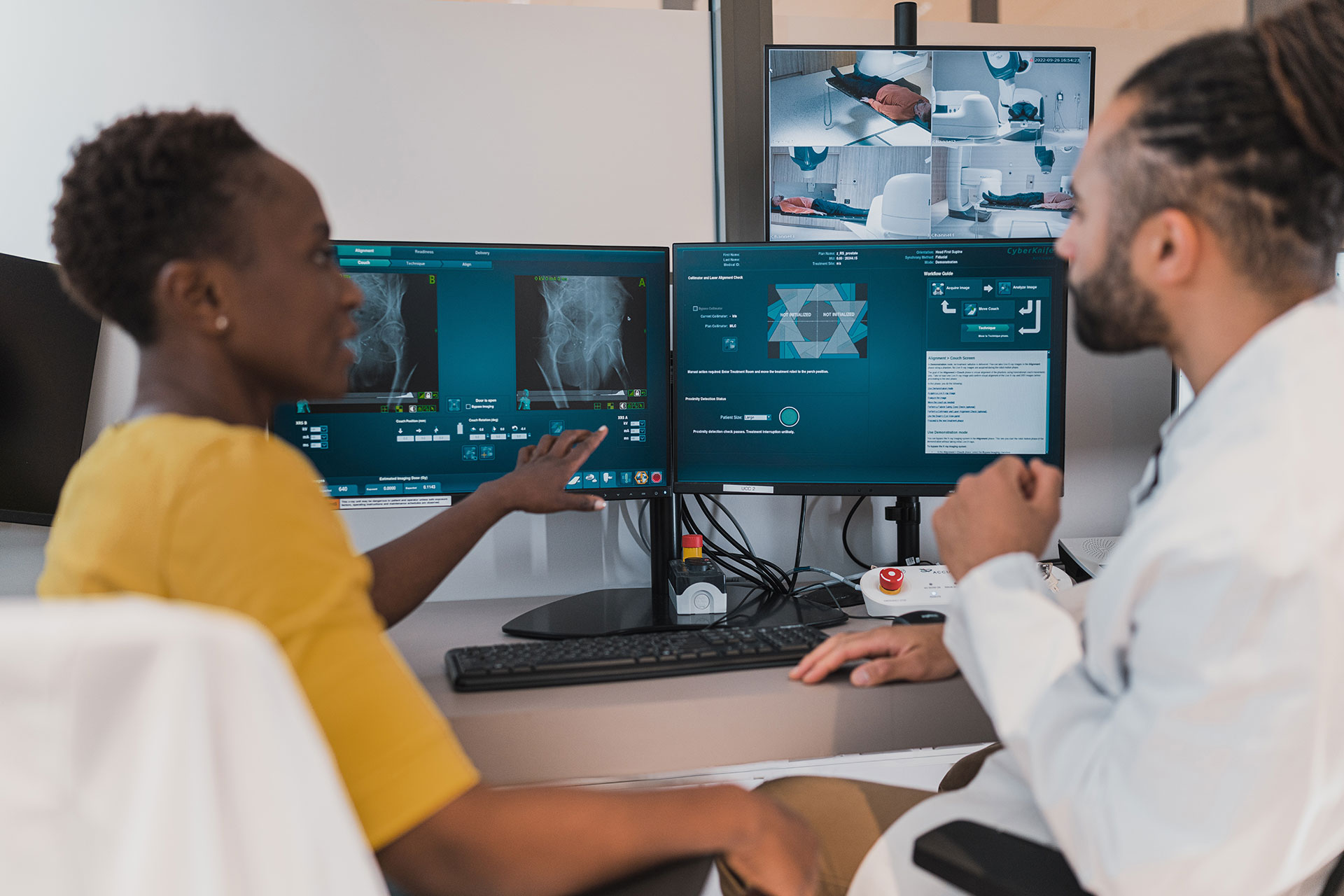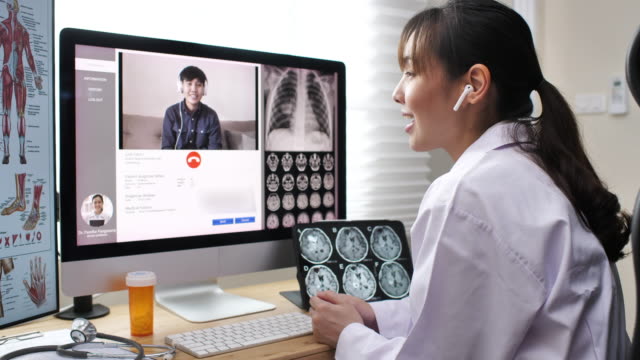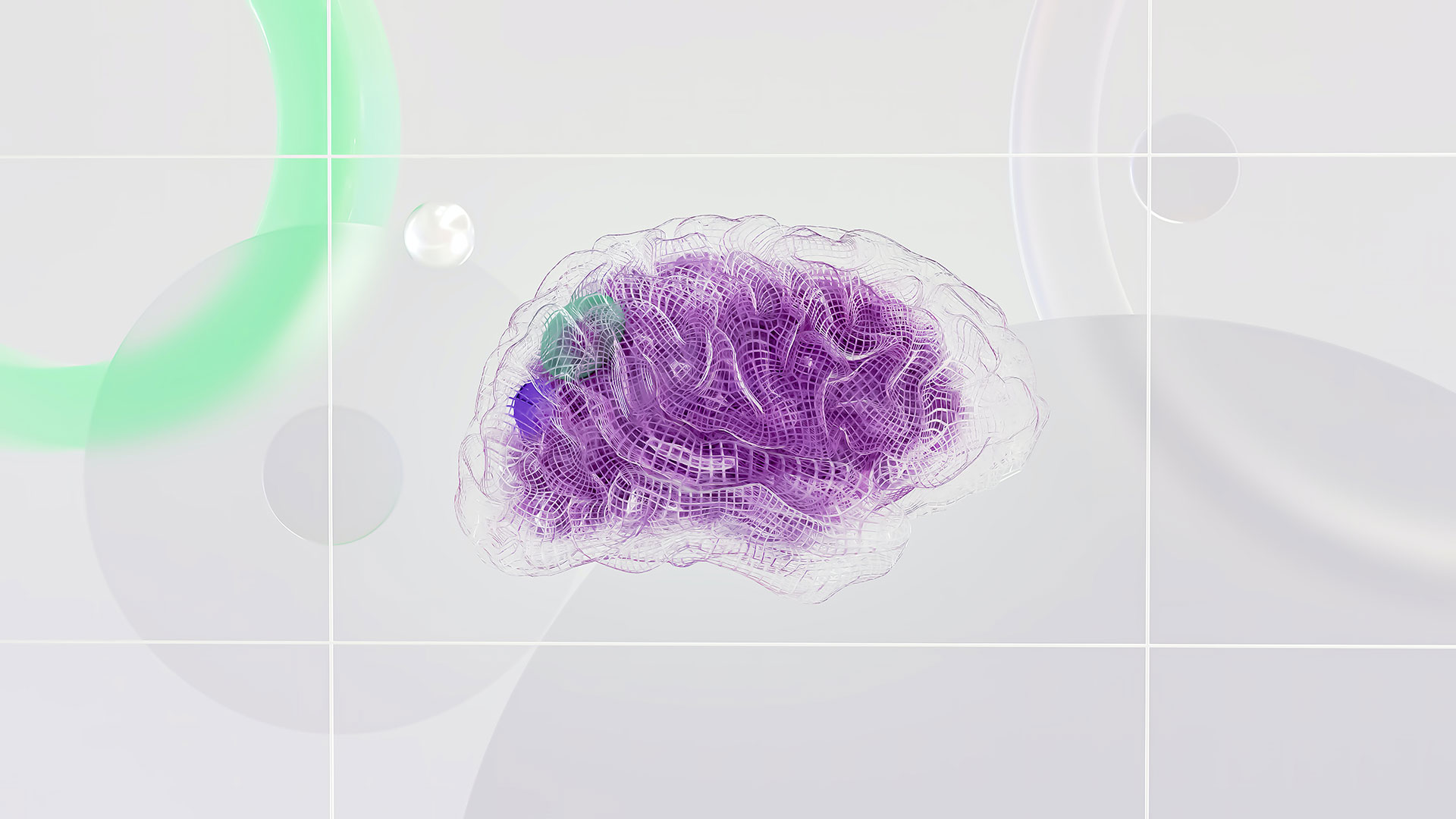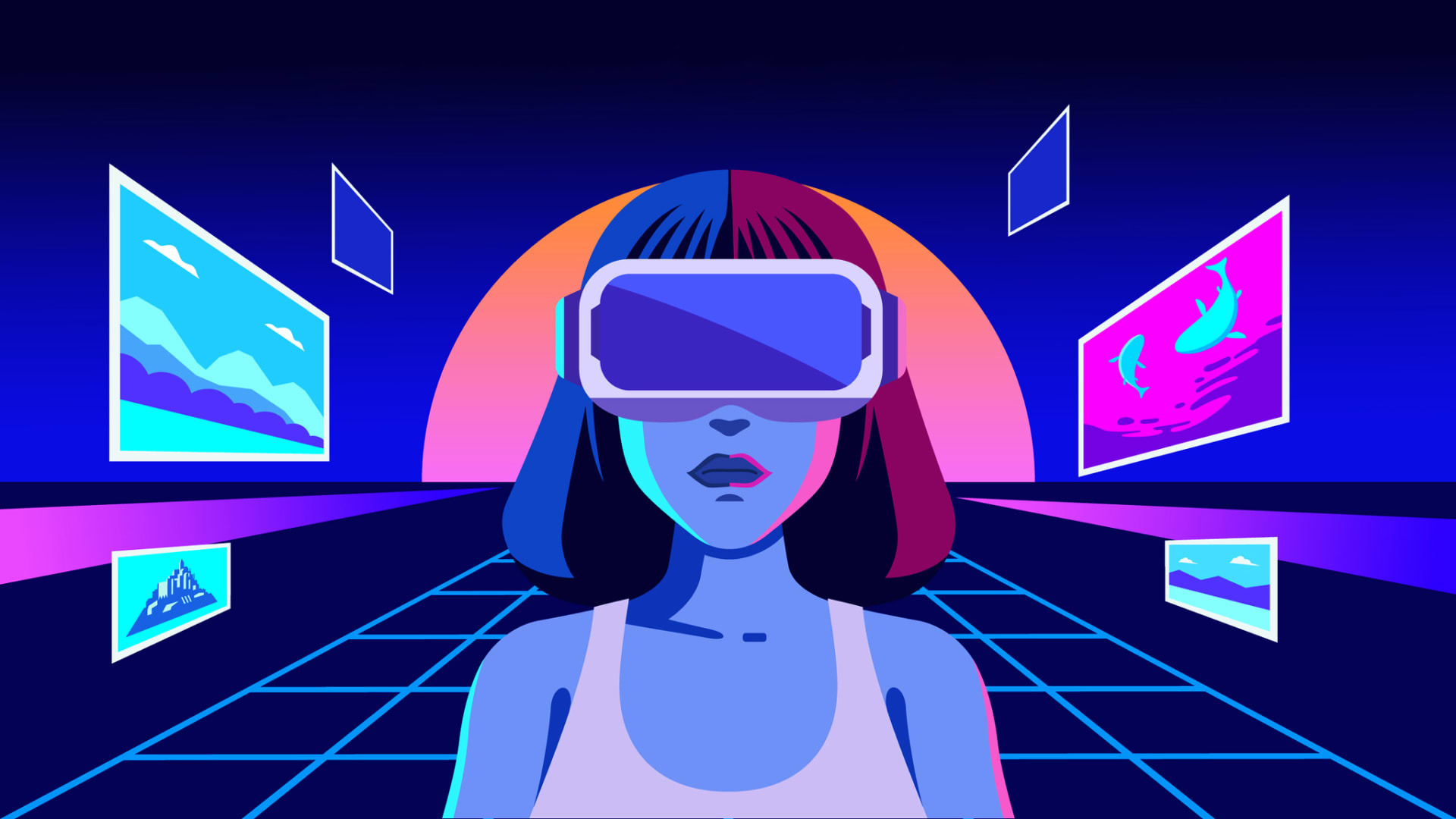The long-awaited age of artificial intelligence is finally upon us, with tools like ChatGPT and Midjourney taking the digital world by storm with their uncanny ability to mimic human skills such as conversation, problem-solving, and the creation of art. AI is everywhere, whether we know it or not. Virtual assistants powered by AI, such as Alexa and Siri, are household names, and we’ve likely all come across an AI chatbot when online shopping.
We’re starting to see AI used more commonly to streamline processes and improve user experience in a huge range of industries. But have you ever thought about how AI could be used in mental health services?
In this blog, we’ll be exploring the potential applications of AI in mental healthcare. Research into this field is in its infancy, with mental health being described as an “exclusively human” area and a great deal of scepticism surrounding the use of AI in mental healthcare. At the centre of this debate is a question: can AI provide empathetic care to those who need it the most?
Supporting an industry stretched thin
The current pressure faced by NHS mental health services is no secret, with the pandemic, the cost-of-living crisis and the lack of mental health professionals taking their toll on the nation’s wellbeing and accessibility to support. Alongside adequate funding and schemes to strengthen the mental health workforce and decrease wait times for those needing support, AI could make a real difference by aiding therapists with intense workloads, monitoring the quality of and training in mental health services, and the accuracy and speed of diagnoses and treatment plans.
Potential Applications of AI in mental healthcare
To fully understand how AI could be utilised in this field, we first have to understand the breadth of the processes which are involved in providing effective mental healthcare. It’s easy for our minds to go straight to psychiatrists, therapists, counsellors and the like, and the role they play in providing empathetic care in the form of talking therapies and assessments. In reality, there’s a lot more to consider both before a patient reaches that point, during, and afterwards.
Diagnosis and care personalisation
At the start of a patient’s journey to treatment and recovery, doctors must first understand their symptoms, form a diagnosis, and decide which route will provide them the most appropriate type of care. Without AI, this process can be challenging, as limited research into the many nuances of various mental illnesses can lead to a one-size-fits-all approach.
AI can be used to analyse and understand large amounts of data about patients, detecting patterns and providing researchers with insight into who benefits from which types of care, and how to carry out each type of care to a high standard.
This data can then also be used to streamline the diagnosis process and support doctors in getting their patients into treatment earlier.

Quality control
With mental health services stretched thin, AI can be used to monitor, maintain and improve the quality of the services provided to patients. In fact, the mental healthcare provider ieso is already utilising the power of AI to measure session-by-session patient progress and analyse the language used by therapists. The service consists of online, typed therapy sessions, led by humans but supported by an AI technique called natural-language processing (NLP), which processes the transcripts of every session. This provides researchers with a huge, de-identified dataset which is analysed to understand more about how to help patients.
More widespread application of this technology could ease some of the pressure on healthcare services by improving the quality of care, strengthening patient progress and improving recovery rates.
Virtual therapists
A step further than online, AI-supported typing therapies, AI-powered virtual therapists could provide a 24/7, unlimited therapy service for patients. Services could utilise NLP and machine learning to create keyword-triggered therapy chatbots which use the data collected from sessions to learn more about their patients and how to help them.
AI chatbot Ellie also uses computer vision to understand non-verbal cues such as facial expressions, gestures and even posture. Researchers have found this could be an effective way of caring for patients, especially as it seems people may even be more comfortable talking to an AI, as they know it won’t judge them.

Workflow automation
Like any field within healthcare, each patient comes with a great deal of important administrative tasks which take time to complete and update. This can include anything from creating, updating and accessing patient information, sorting through electronic health records (EHS), generating reports, filling in forms and calendar management.
AI can support the automation of these processes, particularly when paired with RPA (Robotic Process Automation) technology which is designed to automate repetitive, mundane tasks. This can increase a clinic’s patient capacity and allows more time to be spent supporting more patients.
Is Siri going to be my new therapist?
In short, no – the application of AI in mental healthcare is a lot more complex than it may seem on the surface. Whilst virtual AI therapists are being developed and tested, the applications we’ll see first pertain to underlying process automation, quality assurance and data analysis. All of this aims to help real, human therapists provide better, faster and more personalised care to those in need.
At ASPEKT, we’re fascinated by the latest developments in everything digital. For more insights into the ever-evolving digital landscape, visit our Instagram or click here to view the rest of our blogs.
Written by Bethany Piper
Copywriter | ASPEKT
April 20th, 2023










